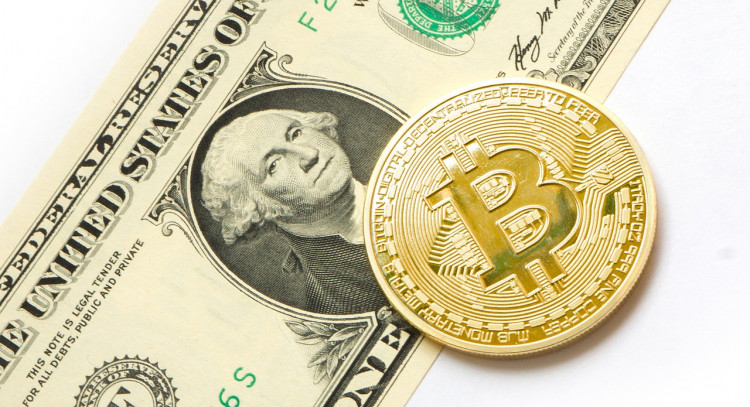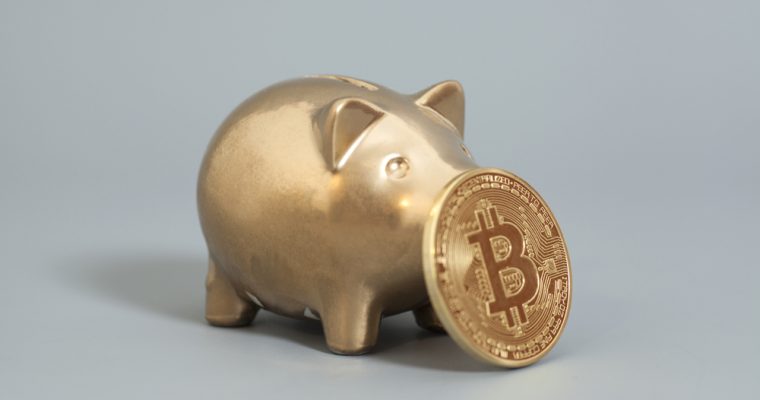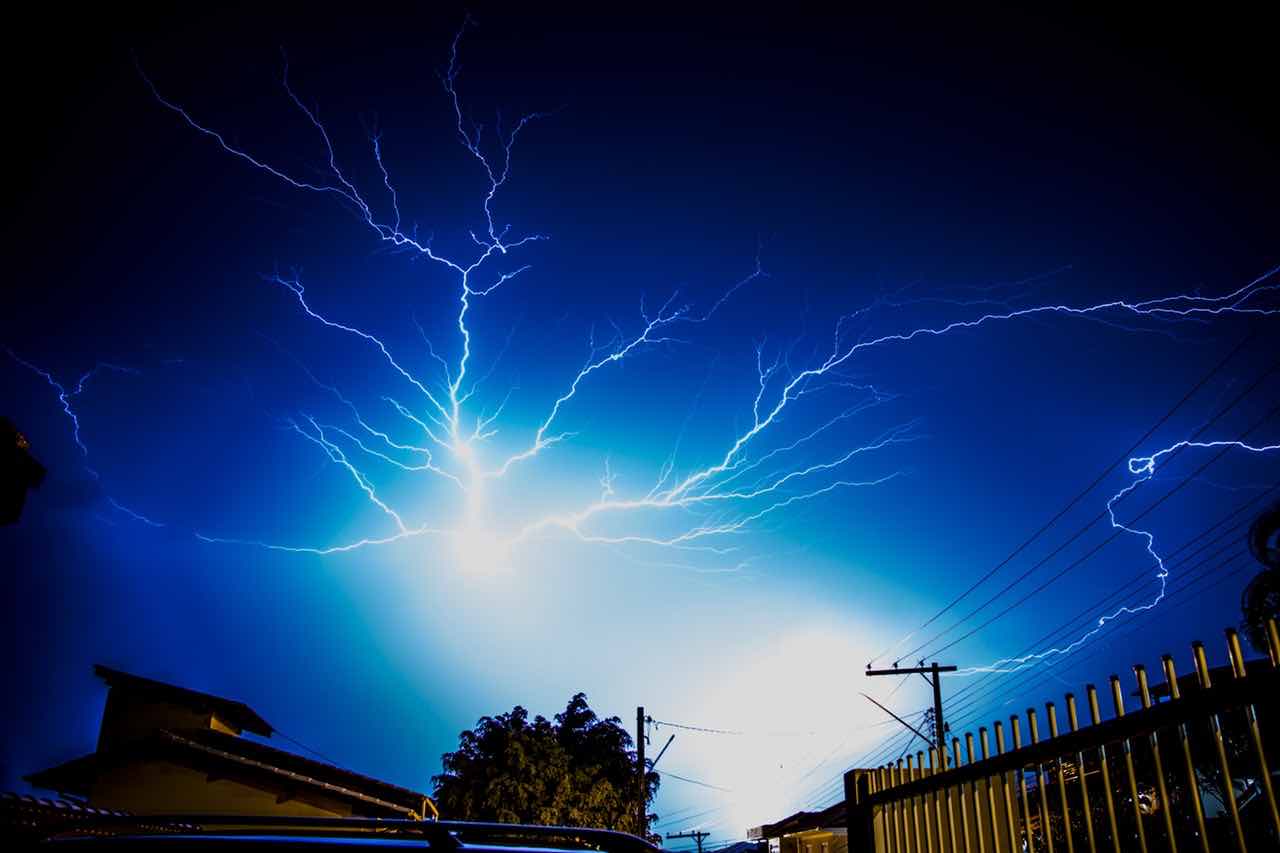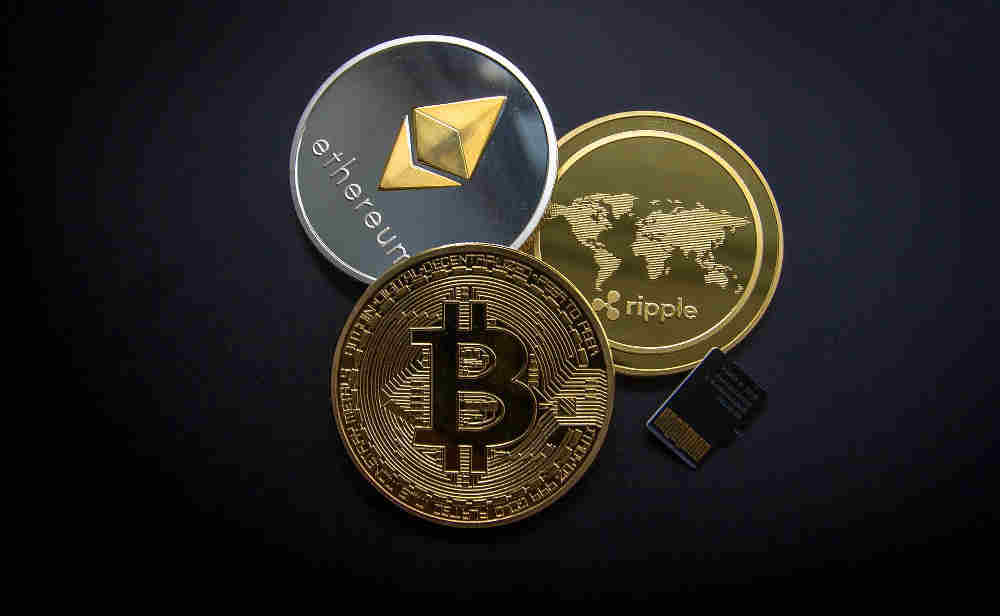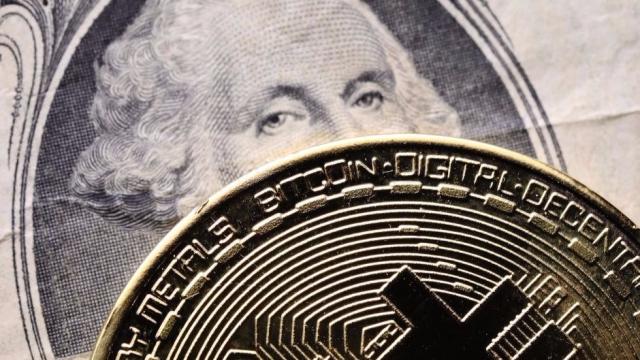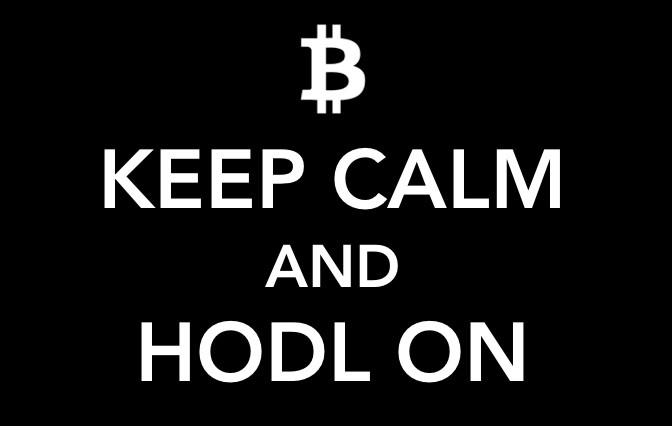It’s critical to understand what you’re buying when you acquire a cryptocurrency, as well as what technology, team, and processes that cryptocurrency (that is, your value) is secured by.
As the cryptocurrency markets take off both in value and in mainstream media coverage, new people (early adopters) have begun to consider purchasing cryptocurrencies, sometimes guided only by holiday dinner conversations with young relatives, chatter or advertisement on Twitter and Instagram, or the advice of news broadcasters that may or may not fully understand cryptocurrency themselves. But where there is money and an amateur consumer, there are also those looking to take advantage of naivete or inexperience, so new early adopters of cryptocurrency must be alert.
Bitcoin is the unit of digital currency that is specific to, and may be transmitted by, the Bitcoin blockchain network. Furthermore, Bitcoin acts to secure the Bitcoin blockchain by aligning the financial incentives of various actors in a transaction so that trust can be assumed without the validation of identity or reputation, and without permission for a transaction being given by a banking institution or other traditional gateway. Cryptographer Adam Back, the inventor of proof-of-work system hashcash and the co-founder of Blockstream, explained the interdependent relationship between Bitcoin and the Bitcoin blockchain saying, “Bitcoin is the tokenized representation of security in the blockchain, and the blockchain is a distributed data structure that provides security.”
Just because the Bitcoin blockchain and thus Bitcoin have been technically safe and secure historically, this does not mean that other blockchains and cryptocurrencies will exhibit the same long-term reliability, security, and resiliency against attacks. It’s critical to understand what you’re buying when you acquire a cryptocurrency, as well as what technology, team, and processes that cryptocurrency (i.e. your value) is secured by, just as you would when you select your traditional banking institution.
Notably, there are those who try to obfuscate exactly what a particular cryptocurrency “is” in order to sell it to you, and in this arena, you’ll be tasked to figure it out yourself. The rules that have applied in the traditional markets don’t apply here.
Consider this scenario: Your teenage son, daughter, friend, or family member is establishing their very first bank account. They’ve heard that you’ve long banked with Bank of America, and know that you’ve found your money in your account each time you’ve check your bank balance, and that when you’ve want to process a check or send a wire, you’ve been able to. This teenager has a positive brand association with Bank of America via your good experience, though they don’t deeply understand how retail banking works and are not entirely sure why they need or how they’ll use their bank once they have an account established.
For them, asking the right questions is a challenge. So, when this new user discovers Bank of America Cash — a competitor to Bank of America (BofA) that uses the exact same historical processes as BofA, but promotes half price wires — it’s an attractive proposition. Bank of America Cash (BofCash) has an entirely different team and management structure and has already begun implementing a different standard of practice. But without asking “the right” questions and pursuing a path of independent research, your teenager may never know of any of these differences or their consequence and could still choose to open an account with BofCash. By the way, why did this new bank choose the name Bank of America Cash? Could it be that they hoped to confuse new users?
Source/More: Why Cryptocurrency Beginners Should Invest In Bitcoin Instead Of Bitcoin Cash










